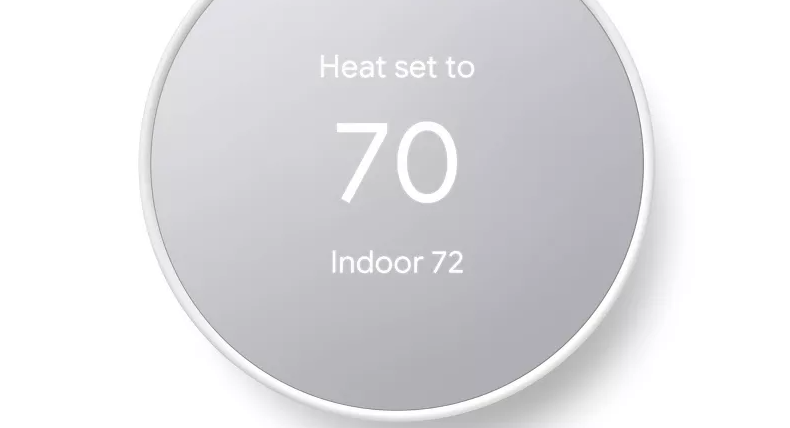by Dennis Crouch
I have written several times about the Chestek case regarding notice-and-comment requirements under the APA. A second notice-and-comment case is also pending before the Federal Circuit, potentially having a much greater impact on patent practice. The case, Apple v. Vidal, focuses on IPR discretionary denials, which the USPTO implemented as policy without any formal rulemaking notice-and-comment.
To continue reading, become a Patently-O member. Already a member? Simply log in to access the full post.
